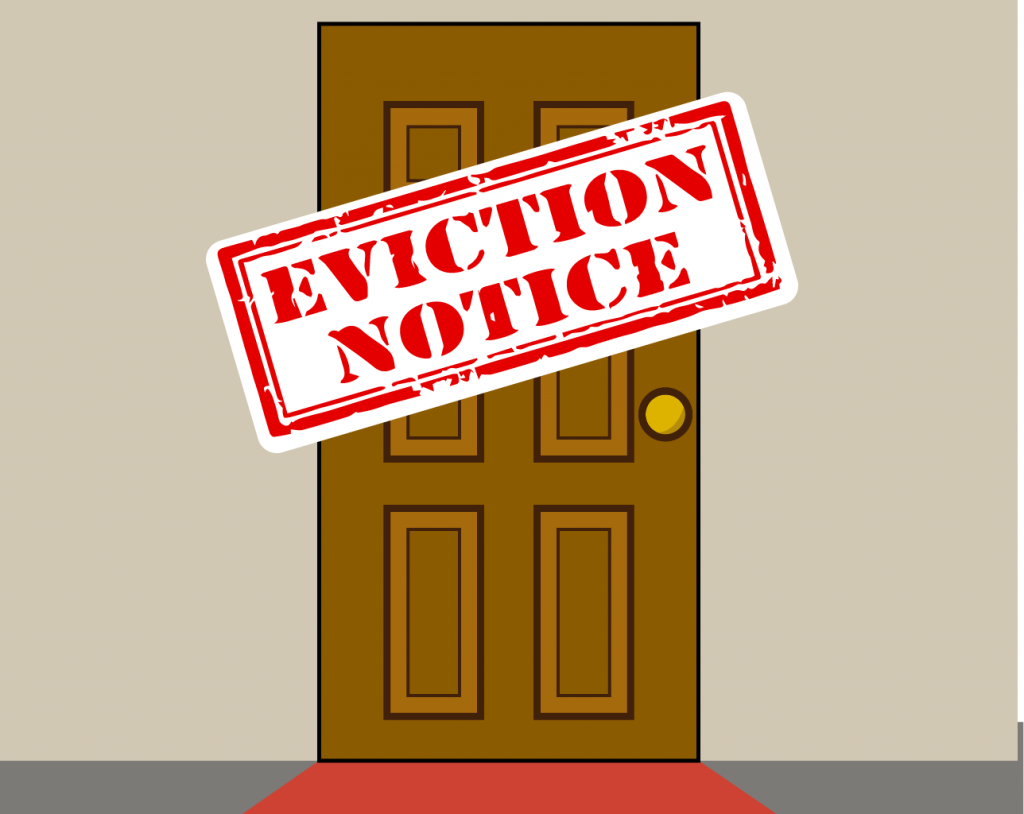On Nov. 8, New York Attorney General Letitia James led a coalition of 17 other attorneys general in submitting a comment letter to the U.S. Department of Housing and Urban Development (HUD).
In late August, the U.S. Supreme Court (SCOTUS) ended the national eviction moratorium created by the Centers for Disease Control and Prevention (CDC) earlier that month. This moratorium was supposed to protect vulnerable tenants from eviction due to the housing crisis worsened by the COVID-19 pandemic. Although New York state has a temporary statewide eviction moratorium signed into law, many states across the country do not have protections put in place to protect vulnerable tenants from evictions caused by the pandemic.
In the letter to the HUD Secretary Marcia Fudge, James is leading a coalition of the 17 other attorneys general to show their support for the HUD’s interim final rule, “Extension of Time and Required Disclosures for Notification of Nonpayment of Rent.” This rule mandates landlords of public and project-based rental assistance housing like Section 8, a federal housing choice voucher program that helps qualified low-income tenants pay rent to private landlords, provide at least a 30-day notice to tenants before beginning eviction proceedings. In addition, tenants also have the opportunity to apply for funding through the federal Emergency Rental Assurance (ERA) program. The attorneys general argue that rule should go even further to protect vulnerable tenants during presidentially declared periods of emergency.
The attorneys general argue that tenants need more time to educate themselves and apply for federal funding since the SCOTUS ended the national moratorium prematurely and there already is a slow distribution of federal funds. An additional argument the attorneys general have is the waiving of late fees for payments by tenants and the limitation of possessory judgments of tenants failing to pay off their rent.
According to the New York State Office of the Attorney General, some requests were directly influenced by the New York state eviction moratorium, such as protections for tenants upon submission of their application for emergency funding.
“This rule matches one of the demands in the letter to [Fudge], as it restricts landlords from evicting residents with nonpayment cases that have already applied for emergency rental relief and have not received a determination on their application,” the office wrote in an email.
In Binghamton, the Caring Homes Program at the Family Enrichment Network helps vulnerable residents of the community by providing financial assistance to those who apply and get approved. The financial assistance helps applicants pay for security deposits and rent arrears.
Jason Goldman, housing case manager of the Family Enrichment Network, said he is concerned about the request for more extensions and regulations.
“The extensions at this point are hurting the community, and because tenants need an eviction notice to qualify for rent arrears, it is limiting the availability of funds to be disbursed,” Goldman wrote in an email.
The Stakeholders of Broome County is an organization that tackles the issues of affordable housing and homelessness in Broome County.
Erin Zipman, an active member of the Stakeholders of Broome County and a sophomore majoring in environmental studies, spoke on behalf of the organization and said they are cautiously optimistic about the coalition and their mission.
“We at the Stakeholders [of Broome County] welcome any and all tenant protections the [attorneys general] can secure,” Zipman said. “However, it is important to recognize that these protections will only assist with legal evictions, which is one of many factors that contribute to homelessness. Abusive landlords that prey on vulnerable populations will continue to displace tenants despite any extensions to the eviction moratorium.”
Joseph Megiel, a senior majoring in business administration, is supportive of the initiative the attorney general is involved in.
“I don’t think people should be evicted as a result of the [COVID-19] pandemic,” Megiel said. “Having a place to live is an absolute necessity. At the end of the day, these are real people with their own struggles and don’t deserve to be kicked to the curb due to something out of their control.”
For students looking to get involved in supporting this effort, the New York State Office of the Attorney General recommended a few tips in an email.
“Students can get involved in their communities and try to spread information and awareness about Emergency Rental Assistance Programs (ERAPs) so vulnerable tenants can have a chance to apply for emergency aid,” the office wrote. “Students can also write letters to HUD Secretary Marcia Fudge to voice their support of expanding the HUD interim rule.”
To read the letter written by Attorney General James, click here
Editor’s note: For full transparency to avoid conflict of interest, Pipe Dream discloses that Erin Zipman, mentioned as a source in this article, is a former writer for the News section.



